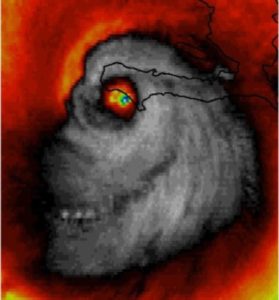Second DCA to Switch to eDCA System
At this Morning’s State of the Second DCA CLE, Clerk Mary Beth Kuenzel announced a big and imminent change in the way that Court will be processing changes: as soon as March 1st, the Court will have transitioned to the eDCA filing system, and away from the Florida Court’s Portal. What does this mean for practitioners? If you are used to practicing in other DCAs, this transition won’t be too difficult, but for folks who only know the Portal, there will be some adjustment needed.
Sign Up Early. Watch the Clerk’s Website for the chance to sign up for eDCA in the next week. You’ll want to get your registration processed before it goes live and you need to file. You need a separate login for each District’s eDCA system.
Be Ready to Effectuate Separate Service. While eDCA provides “Case Mail†as soon as something is filed, that does not count as Service under Florida Rule of Judicial Administration Rule 2.516. You have to go back to sending a separate email for service.
Instant Orders. What we give up with service, we’ll get back tenfold by getting Court orders and opinions by email instead of U.S. Mail. This will save the Clerk more than $50,000 a year in postage, and save attorneys a lot of hassle, too.
Record on Demand. With eDCA, attorneys of record can download from the docket any DCA filing, including the Record on Appeal once transmitted. No more need for the FTP work around, which worked, but was time intensive for Court staff.
Briefs on Demand. Registrants to the system will also be able to pull briefs in cases where they are NOT counsel of record. Pretty handy if you are briefing the same issue!
Portal for Payment. The Second District will still be on the portal for one reason — to accept payment of filing fees. If you pay through the portal, plan to upload a simple payment transmittal letter, and ONLY a payment transmittal letter. Any other document or pleading will be kicked.
The hope is that the portal will be ready to work with the DCA internal docketing systems by Spring of 2018, and at that point, all of them will switch to the portal. But for now, all DCAs will require separate eDCA login.
Editor’s Note: We were in such a rush to get out this news, we forgot to mention the payment issue. This article is updated to reflect that information!

